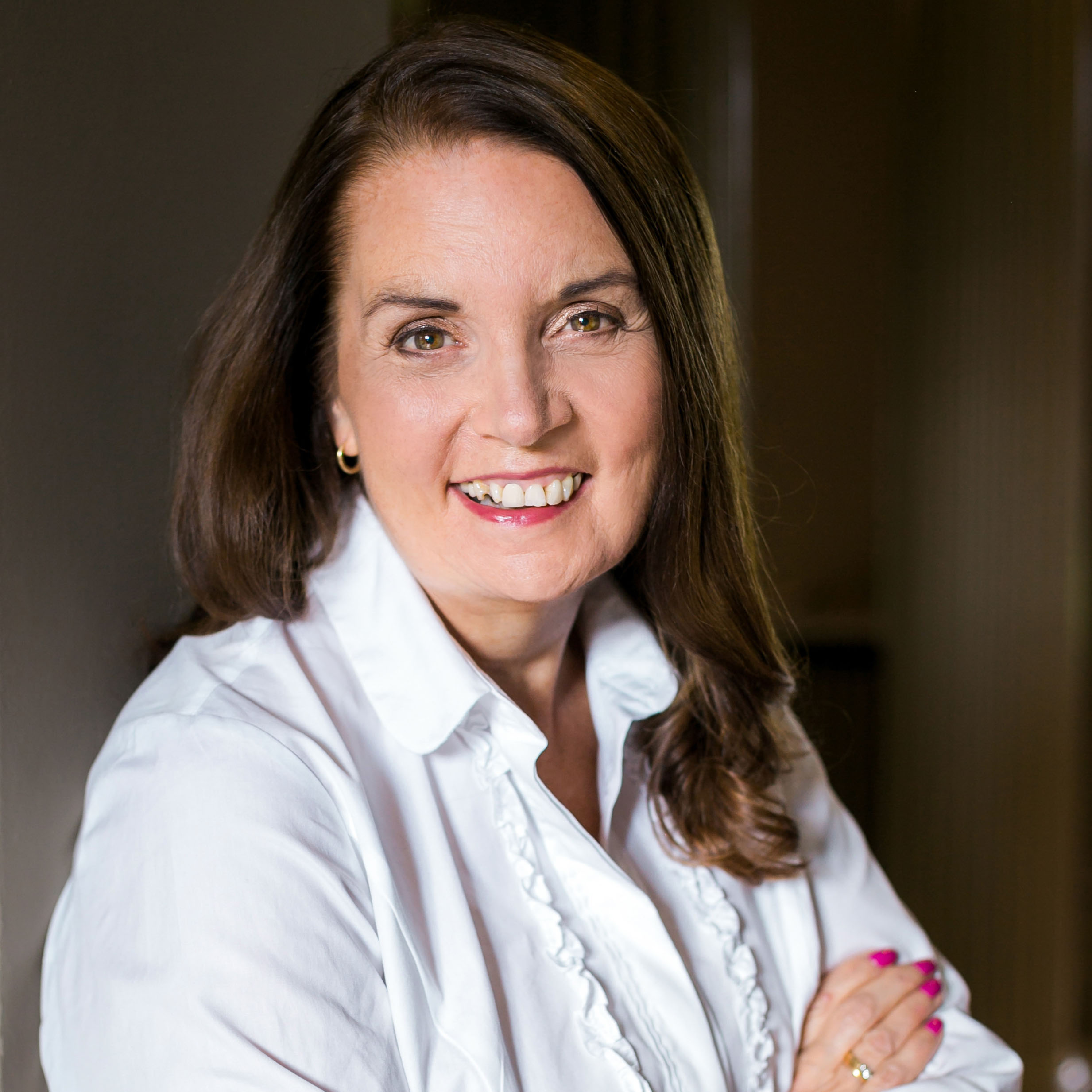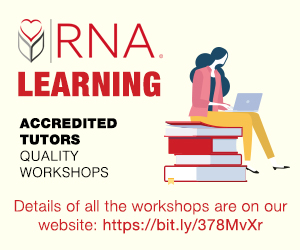RNA Learning By Jean Fullerton
2 February 2021
During Romance Reading Month we talked to Jean Fullerton about what it takes to be a published author and how the Romantic Novelists’ Association can help writers to hone their craft and learn new skills with the newly launched RNA Learning courses.
 Now before I start rabbiting on about the multitude of things both craft and publishing authors have to get their head around let me state clearly the most important thing about becoming or being a published author is the actual story.
Now before I start rabbiting on about the multitude of things both craft and publishing authors have to get their head around let me state clearly the most important thing about becoming or being a published author is the actual story.
The author’s job is to weave a gripping story that grabs the reader on the first page and holds them captive to the very last. It is the most important thing.
However, as there are very few undiscovered literary geniuses out there, chances of you being one of them, I’m afraid, is infinitesimal. To make it as a successful author you have to perfect your craft. This is true whether it’s your first novel or your fiftieth improving your writing should never stop.
The secret of writing a page-turning novel are the characters. Whether they are in doublet and hose or in space suits the characters their growth, development, challenges and their internal conflict are what makes the story. You have to create believable, fully rounded characters, with depth, motive and internal conflicts that readers can identify and sympathise with.
Of course, once you have your cast of characters you have to set about leading the reader through their story. From scene to scene, location to location building the story as you go before concluding it with a satisfying ending that has the reader immediately looking for another book of yours.
The reader is the unseen character in an un-put-downable novel, so your job is to fully engage their emotions. Developing the skill of ‘show don’t tell’ allows you to show the story and characters motivations and dilemmas rather than lay it all out before the reader.
There are other things to be mastered too, like the art of adding enough description to transport your reader to another time and place but not so much that it slows the pace of the story. Writing dialogue that is realistic and that shows character and motivation is also an important skill to develop. Dialogue is one of the best ways of unfolding the plot and action and it also keeps the pace motoring on. And of course, there’s the research. Even if you’re writing contemporary fiction you have to make your research as watertight as possible. And don’t think no one will notice because they will and write to you about it, too.
Now I’m sorry to tell you when you finally type the loveliest words in the English language, The End, you’re not finished. Truthfully, you’re only two thirds of the way through the process of finishing your novel because you now have to edit it. And I don’t mean making sure the full stops and commas are in the right place. You have to critically go through every scene, description and word out of your character’s mouth to ensure they move the story forward. If they don’t you have to cut and cut again, even if it’s the scene you love most in the whole book. It has to go.
On top of the craft of writing there a myriad of other stuff that authors need to get a grip on like submitting to agents and editors, contracts, publicity and building your author profile.
But don’t despair, we all have to learn. And the Romantic Novelists’ Association is here to help you with our online workshop programme RNA Learning. https://romanticnovelistsassociation.org/rna-learning-intro-page/
 The workshops cover both the craft and business side of publishing and are designed as flexible study modules. This allows students to access the teaching material around work and other commitments. They are delivered by experienced tutors and offered at an affordable price.
The workshops cover both the craft and business side of publishing and are designed as flexible study modules. This allows students to access the teaching material around work and other commitments. They are delivered by experienced tutors and offered at an affordable price.
If you are a romance writer and would like more information about the Romantic Novelists’ Association please visit: www.romanticnovelistsassociation.org
About Jean
Born and bred in East London Jean is a District Nurse by trade but left her day job to become a full-time writer in 2015.
She has sixteen sagas published with both Orion and Atlantic all of which are set in East London.


